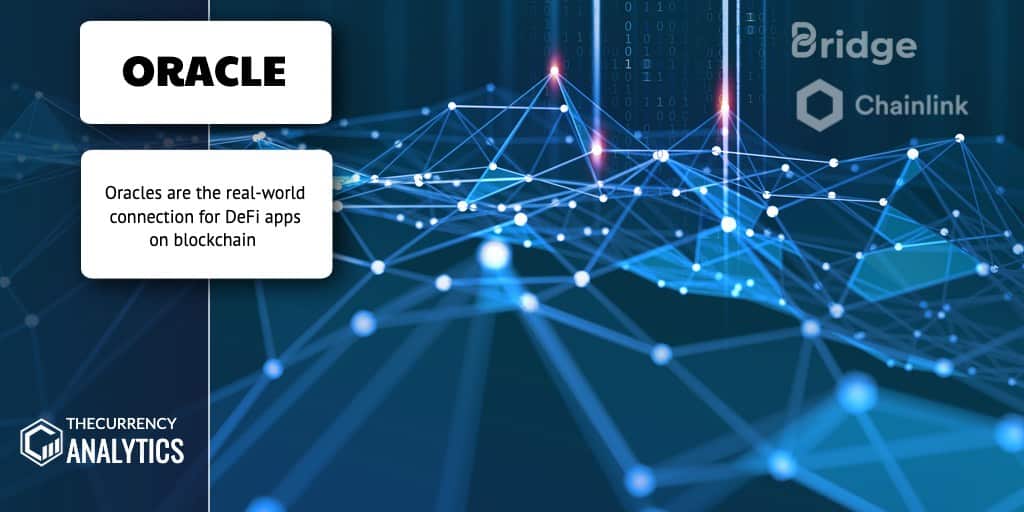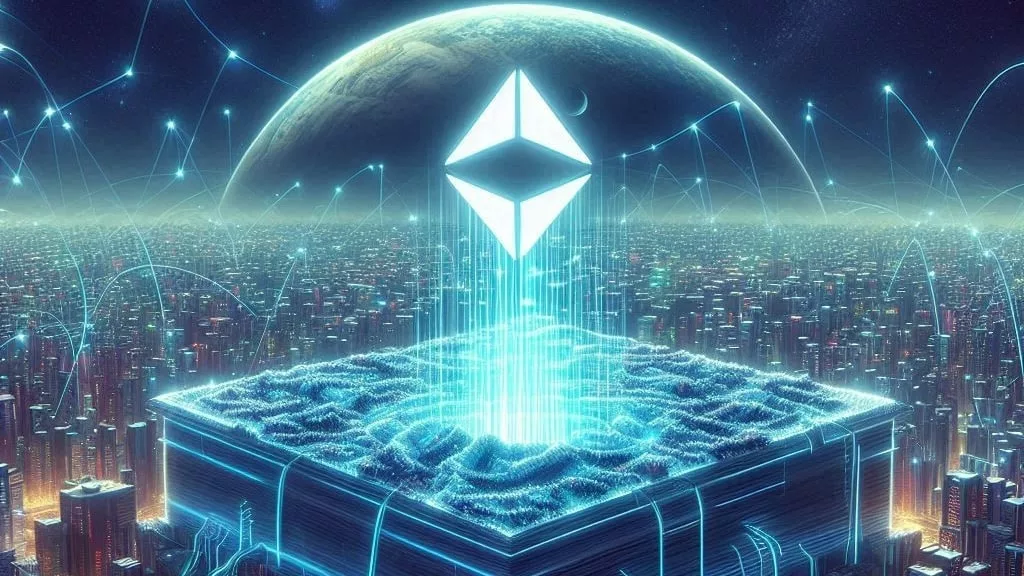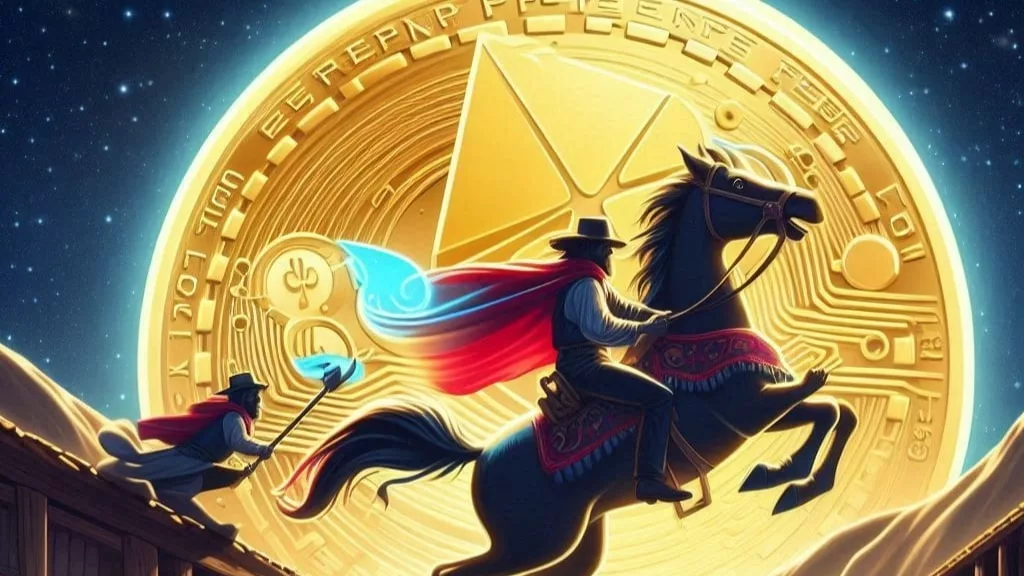
The crypto space has dawned in a new era by introducing the world to digital money. But, just because the crypto industry rests on a digital plane, it doesn’t imply it’s cut-off from the real external or off-chain world.
Now, of course, you can point out the immutability quotient of the blockchain. Blockchain’s underlying protocols strictly prohibit access to the off-chain world which helps to maintain the immutability on the chain. But, again, that doesn’t mean blockchain applications are immutable. Smart contracts operating on blockchain and DeFi apps operating on smart contracts need real-life data to function at their best. This is where blockchain oracles come to help.
Blockchain oracles can be defined as secured third-party middleware solutions that allow on-chain applications like smart contracts to connect with the off-chain world. Oracles feed real-world data to smart contracts which help DeFi applications to function as per their true potential.
Oracles can be centralized and decentralized. In case of centralized ones, an oracle system is governed by one single entity which provides the off-chain information. You cannot be assured of the authenticity of data here as information is derived from one single source only and there is no way to verify that.
But with decentralized ones, data are derived from different sources and hence there is always a scope to verify authenticity of data. In other words, decentralized oracles promise genuine, tamper-proof off-chain data which is not always viable with centralized oracles.
ChainLink
The list has to start with ChainLink as the leading oracle is one of the pioneers of a decentralized oracle system. The oracle allows Ethereum smart contracts to access real-world data which eventually broadens the functional scope of DeFi apps on ETH network. Being a decentralized oracle, ChainLink assures full transparency and public auditing of data sourced.
However, with Ethereum struggling with high congestion (leading to pricey gas fees) with rising numbers of DeFi transactions, ChainLink is forced to implement off-chain aggregation features to its system. This new solution is equipped with Schnorr signature technology which enables every oracle to offer its partial signature. It has proven to be an economical solution. LINK is the native token of ChainLink.
Bridge Oracle
Bridge Oracle is a decentralized public oracle system which has been recently introduced on TRON blockchain. Problems with Ethereum blockchain are forcing many to move to smarter alternatives for DeFi transactions and TRON is one of the latest favorites. Bridge oracle is the first ever dedicated public oracle for TRON. The oracle has made TRON more decentralized and is projected to play a crucial role in elevating TRON’s stance in the DeFi world.
Bridge Oracle stresses on data authenticity in the first place and this particular feature single handedly makes it invaluable for the DeFi projects as well as organizations that need to deploy oracle system verification services. BRG is the native token of Bridge Oracle which can be used to pay for the Bridge Oracle services.



Get the latest Crypto & Blockchain News in your inbox.